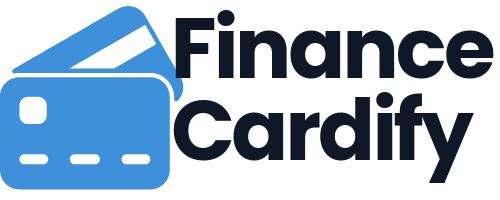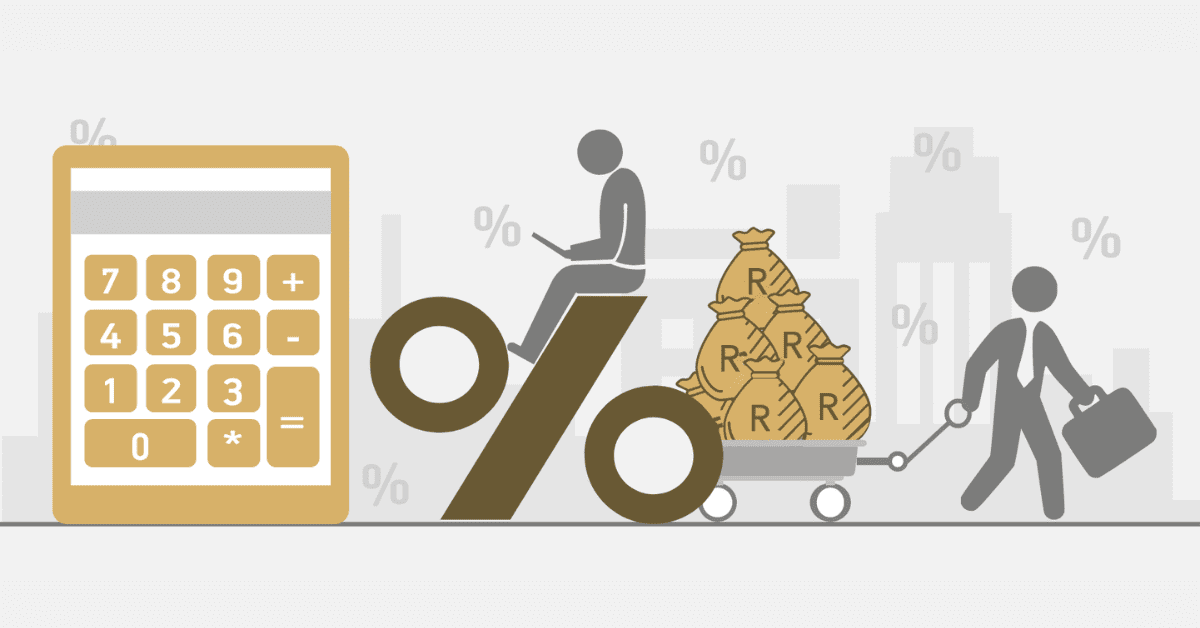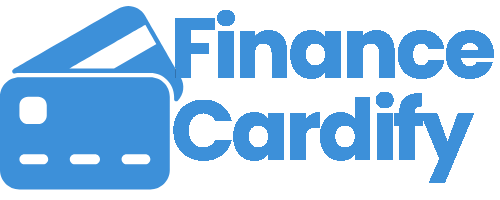Securing personal credit with lower interest rates can significantly ease your financial burden, especially when it comes to long-term loans or credit card debts. Lower interest rates mean lower monthly payments and less money paid over the life of a loan. This guide will provide practical steps to achieve more favorable rates on your credit, using SEO-optimized content for better organic traffic and concluding with a helpful FAQ section.
Understanding Interest Rates
Interest rates on personal credit are influenced by several factors including your credit score, income stability, debt-to-income ratio, and the lender’s policies. Knowing how these factors interplay can help you secure lower rates.
SEO Keywords: personal loan interest rates, how interest rates are determined, credit score impact on rates
Step 1: Improve Your Credit Score
Your credit score is perhaps the most crucial factor in determining the interest rates you receive. A higher credit score suggests to lenders that you are less risky, often resulting in lower interest rates.
How to Improve Your Credit Score:
- Pay Your Bills on Time: Timely payments can significantly boost your credit score.
- Reduce Your Debt-to-Income Ratio: Pay down existing debts to improve your financial standing.
- Check Your Credit Report for Errors: Dispute any inaccuracies that might be lowering your score.
SEO Keywords: improving credit score, managing credit score, credit report accuracy
Step 2: Shop Around for the Best Rates
Don’t settle for the first offer you receive. Explore various lenders, including banks, credit unions, and online lenders, to find the best interest rates available.
Tips for Shopping Around:
- Compare Multiple Lenders: Use comparison websites to find the best rates.
- Consider Community Banks and Credit Unions: These institutions often offer lower rates than major banks.
- Look at Online Lenders: They often have less overhead and can offer competitive rates.
SEO Keywords: compare personal loan rates, best personal credit offers, credit union loans
Step 3: Consider Secured Loans
Secured loans involve collateral, such as a car or home, which can reduce the lender’s risk and thus your interest rate. If you have assets to use as collateral, this might be a viable option to lower your rates.
Understanding Secured Loans:
- Lower Risk for Lenders: The presence of collateral decreases the risk for lenders, often leading to lower rates.
- Risks for You: Be aware that if you fail to make payments, you could lose your collateral.
SEO Keywords: secured loans, benefits of secured loans, risks of secured loans
Step 4: Negotiate with Lenders
Sometimes, simply asking for better terms or demonstrating your understanding of your creditworthiness can result in more favorable rates.
Negotiation Strategies:
- Highlight Your Creditworthiness: If you have a strong credit score or stable income, mention this during negotiations.
- Ask for Special Discounts: Some lenders offer rate discounts for things like setting up automatic payments or being an existing customer.
SEO Keywords: negotiating loan rates, how to negotiate credit terms, personal loan discounts
Step 5: Consider a Co-Signer
If you have a lower credit score, having a co-signer with better credit can help you qualify for lower interest rates.
Benefits of a Co-Signer:
- Improved Loan Approval Odds: A co-signer can increase your chances of approval and help secure lower rates.
- Shared Responsibility: Remember, your co-signer will be liable if you fail to make payments.
SEO Keywords: benefits of a co-signer, co-signing a loan, co-signer responsibilities
Step 6: Improve Your Financial Health
General financial health—beyond your credit score—can influence interest rates. Lenders may consider your savings, job stability, and income when determining your rates.
How to Improve Financial Health:
- Increase Your Income: Consider side gigs or ask for a raise.
- Build Your Savings: Demonstrating financial reserves can reassure lenders.
- Reduce Existing Debts: Lower your debt-to-income ratio by paying off debts.
SEO Keywords: financial health for loans, improving financial stability, reducing debt
Frequently Asked Questions (FAQ)
What is the most effective way to quickly improve my credit score to get better loan rates?
A1: Paying down high credit card balances and ensuring all your bills are paid on time are among the quickest strategies to improve your credit score.
How do secured and unsecured loans differ in terms of interest rates?
A2: Secured loans typically have lower interest rates because they are less risky for lenders, given the collateral involved. Unsecured loans, which do not require collateral, usually come with higher rates due to the increased risk.
Can I renegotiate my interest rates on existing loans?
A3: Yes, some lenders may allow you to renegotiate your interest rates, especially if your credit situation has improved since you took out the loan. It’s worth contacting your lender to discuss possible options.


